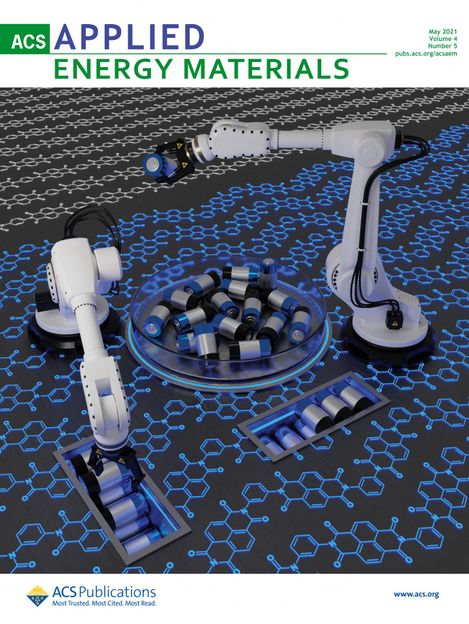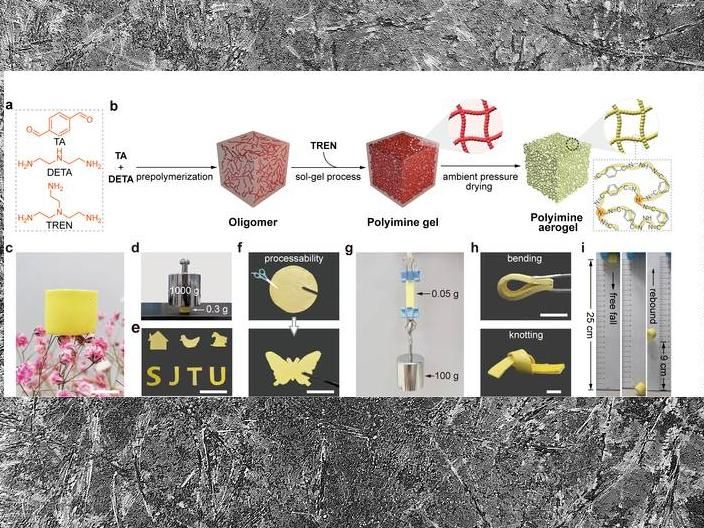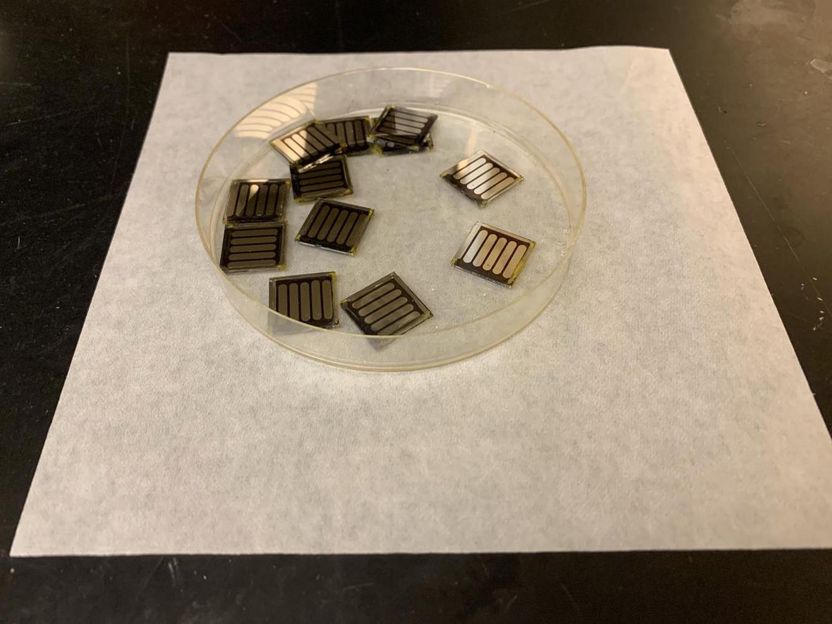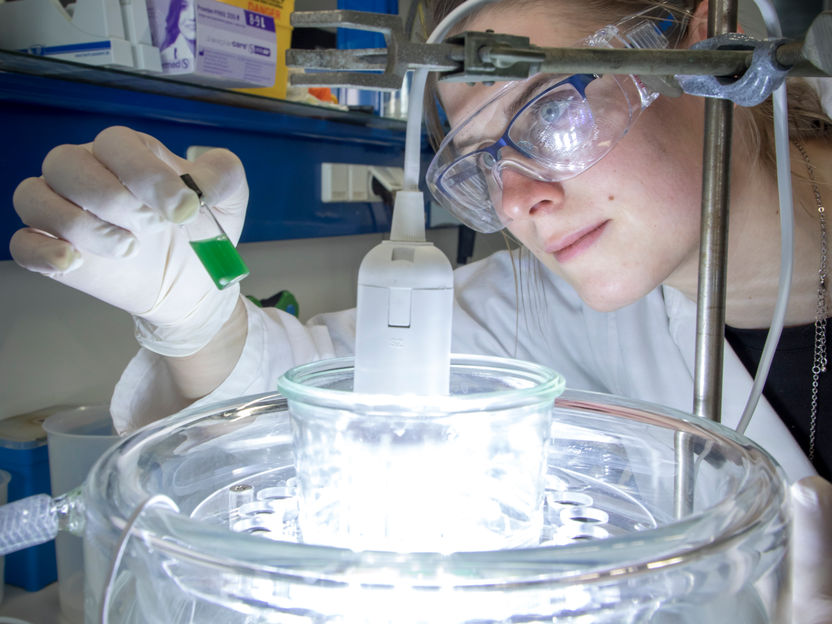Rising Costs Force Chemtura to Increase Prices for Butyl- and Octyl-Tin Compounds
Chemtura Corporation announces a price increase for butyl- and octyl-tin compounds by up to 20%, effective April 15, 2008 or as contracts allow.
The key raw material costs for Chemtura's butyl- and octyl tin products, including tin ingots, butene, aluminum and magnesium, continue to escalate substantially. Further cost increases are expected from the general escalation of labor costs and for logistic expenses resulting from high fuel prices and limited availability of cargo space on ocean going vessels.
Products affected by this price increase are the tetrabutyl- and tetraoctyltin, mono- and di-butyl- and octyl-tinoxides as well as mono- and di-butyl- and octyl-tin chlorides, which are used amongst others in specialty applications like glass coating, catalyst applications and as industrial intermediates.
Most read news
Organizations
Other news from the department price development

Get the chemical industry in your inbox
By submitting this form you agree that LUMITOS AG will send you the newsletter(s) selected above by email. Your data will not be passed on to third parties. Your data will be stored and processed in accordance with our data protection regulations. LUMITOS may contact you by email for the purpose of advertising or market and opinion surveys. You can revoke your consent at any time without giving reasons to LUMITOS AG, Ernst-Augustin-Str. 2, 12489 Berlin, Germany or by e-mail at revoke@lumitos.com with effect for the future. In addition, each email contains a link to unsubscribe from the corresponding newsletter.
Most read news
More news from our other portals
Last viewed contents

Harnessing AI to discover new drugs inspired by nature - "Virtual chemist" finds molecules that have the same effect as a natural substance but are simpler and low-cost to produce

Ocean sink for man-made CO2 measured
Dynea acquires the formaldehyde business of Formaldehydwerk Schwarze Pumpe GmbH
Health risks from fumigated ship containers - Results of an expert meeting at BfR

Chemical Bonding of Phase-Change Materials - Rational syntheses of such new materials are much easier

Researchers proposed an attractive cheap organic material for batteries - New molecular design principle for battery polyimides

Monolithic dynamic covalent polymer aerogels with closed-loop recyclability

Caffeine gives solar cells an energy boost - The idea began as a joke over morning coffee

Producing resource-saving batteries from wood waste - Novel digestion process

Photosynthetic microalgae as biocatalysts - The biocatalytic production of chemicals should become considerably more sustainable













































